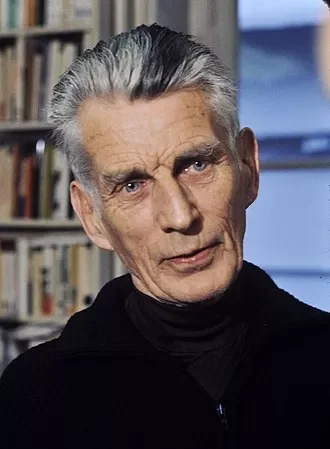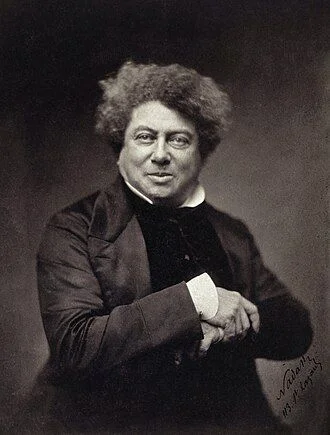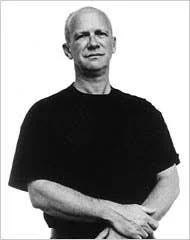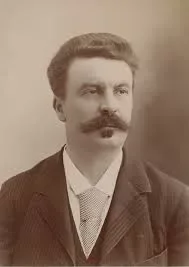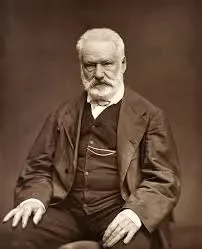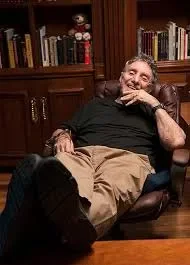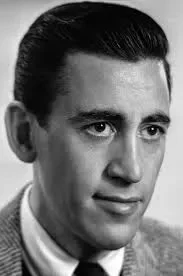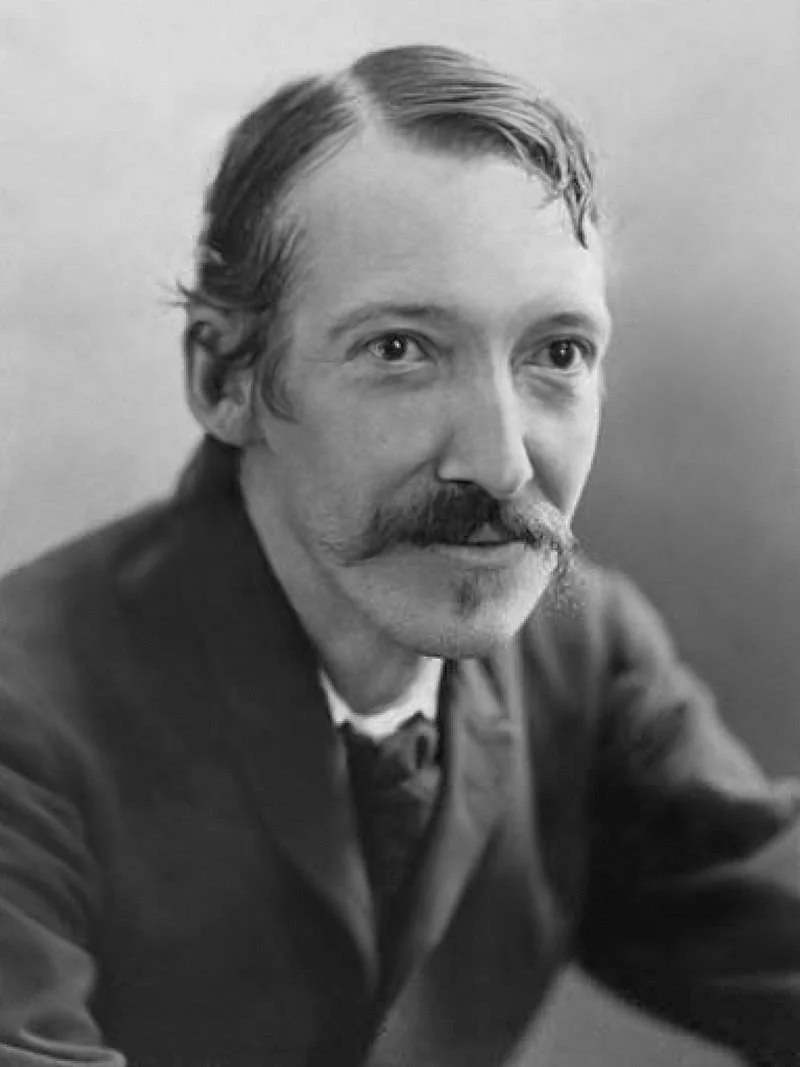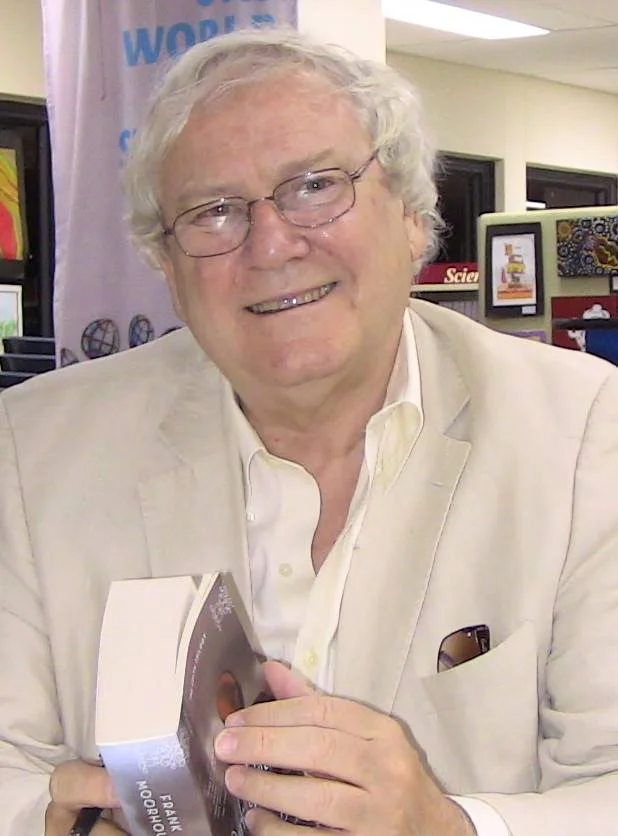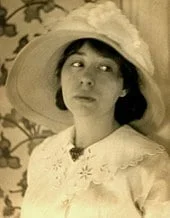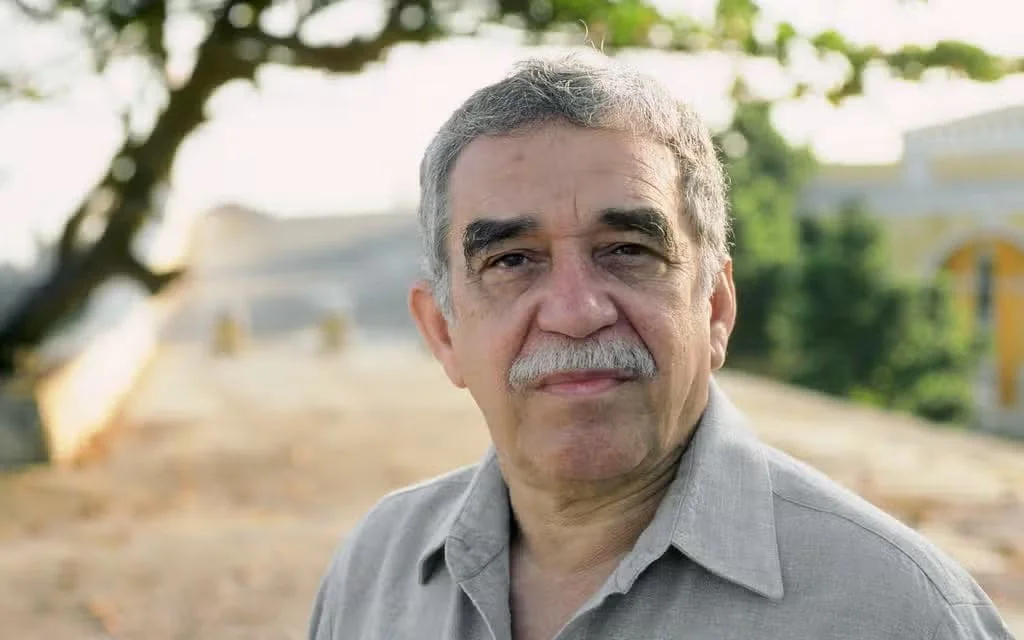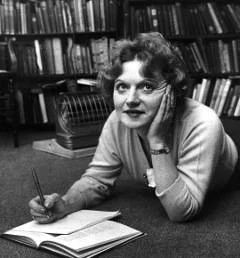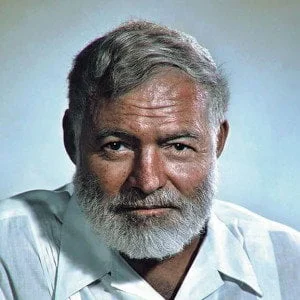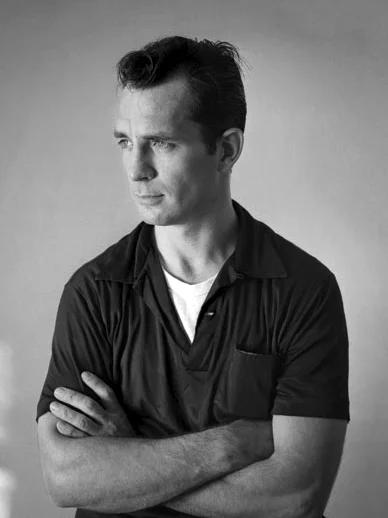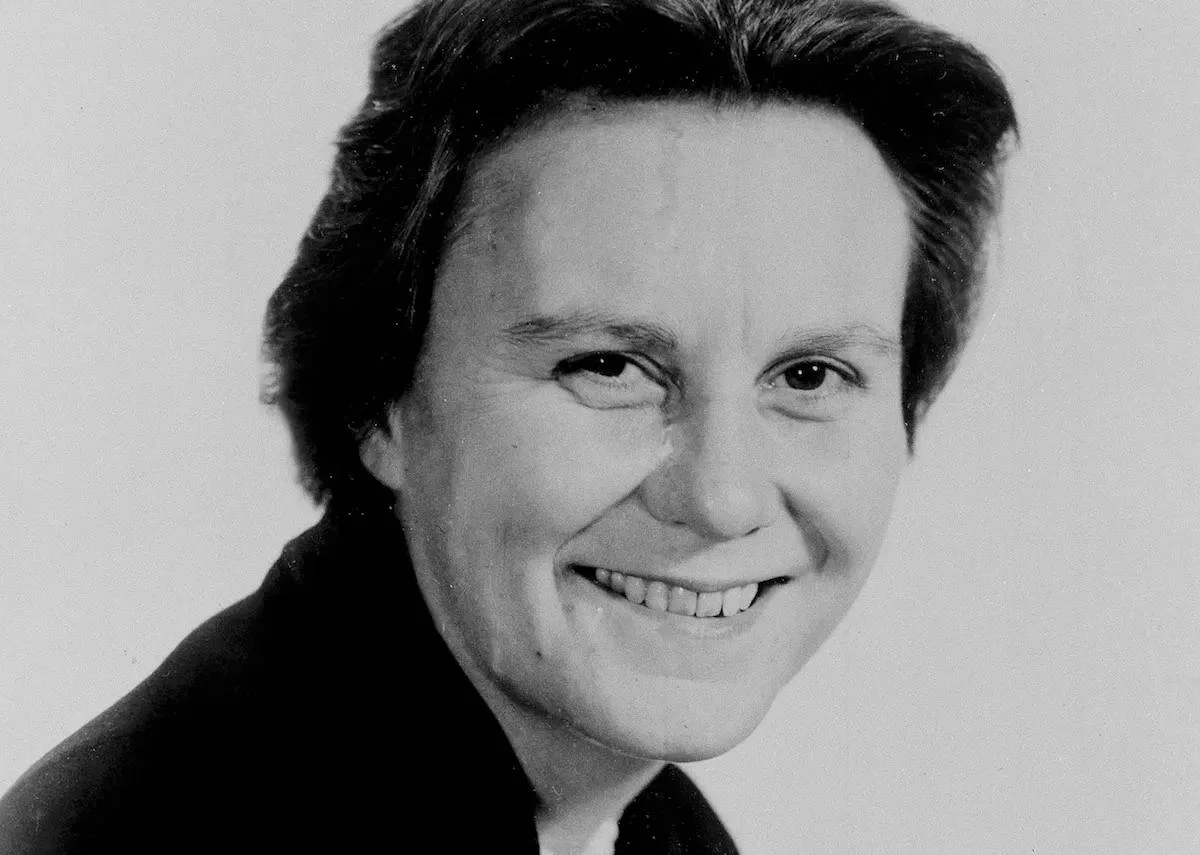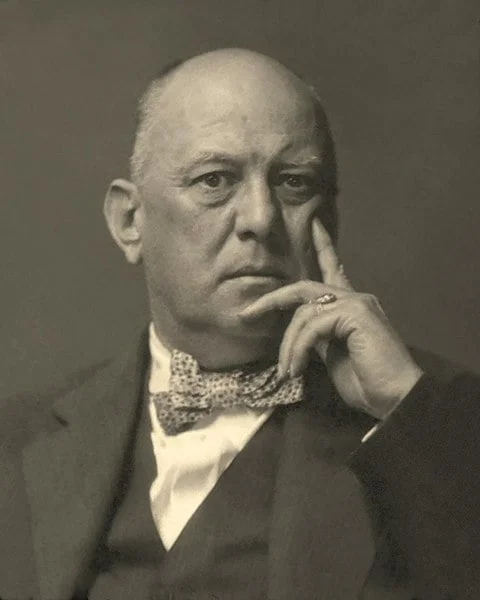Real Celebrities Never Die!
OR
Search For Past Celebrities Whose Birthday You Share
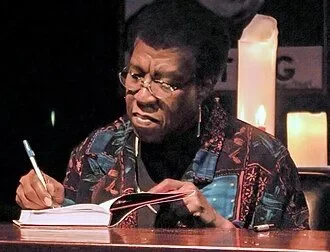
source:wikimedia.org
Octavia Butler
Birthday:
22 Jun, 1947
Date of Death:
24 Feb, 2006
Cause of death:
Stroke
Nationality:
American
Famous As:
Novelist
Age at the time of death:
58
Octavia Butler's Quote's
Early Life and Education
Octavia Estelle Butler, born on June 22, 1947, in Pasadena, California, was an American science fiction writer. Her distinctive combination of African American spiritualism and science fiction distinguished her in a field typically dominated by white men.
Butler was raised by her mother and grandmother in a strict Baptist environment. When she was seven, her father, who worked as a shoeshiner, passed away. Butler overcame shyness, dyslexia to some degree, and bullying during her youth. These experiences led her to spend much of her time reading at the Pasadena Central Library, where she discovered her love for science fiction.
When Butler turned 10, she started writing her own stories using a Remington typewriter her mother had purchased for her. In 1965, she graduated from John Muir High School. Butler graduated from Pasadena City College with an associate degree in 1968. She continued her education through writing courses at UCLA Extension.
Formative Years and Career Beginnings
Butler’s career as a writer began to flourish in the 1970s. While attending the Clarion Science Fiction Writers Workshop, she encountered influential figures including Harlan Ellison and Samuel R. Delany. “Patternmaster,” her debut novel published in 1976, started her four-volume Patternist series.
Professional Achievements and Impact
Butler’s work challenged typical science fiction, producing groundbreaking and innovative stories. “Kindred” (1979), a novel by Octavia Butler, is a key part of her lasting impact; it uniquely blends time travel with a strong analysis of slavery and its effects on the United States.
Butler’s first Hugo Award was for “Speech Sounds” in 1984; she won another Hugo and a Nebula Award for “Bloodchild” the following year. Her “Parable” novels, such as “Parable of the Sower” (1993) and “Parable of the Talents” (1998), solidified her status as a forward-thinking author.
Major Contributions to Science Fiction
Butler’s work was groundbreaking for its inclusion of African American characters and social justice issues. She pioneered Afrofuturism, a cultural aesthetic blending science fiction, Black history, and culture. Race, gender, and power dynamics were often central themes in her narratives. Butler received the MacArthur “Genius” Grant in 1995, a first for a science fiction writer.
Personal Life and Legacy
Butler remained unmarried and was known for her private life. She devoted her life to her work, often calling herself a solitary “hermit”.
Octavia Butler passed away on February 24, 2006, at the age of 58, following a fall outside her home in Seattle, Washington. Even after death, her influence keeps expanding. In 2010, she was inducted into the Science Fiction Hall of Fame. NASA honored her in 2021 by naming the Perseverance rover’s landing site on Mars the “Octavia E. Butler Landing.”
Even today, Butler’s work holds significant relevance; her dystopian predictions mirror our current social and environmental struggles. Her books are still widely read, inspiring new generations of writers and activists, and are studied in universities.
Octavia Butler’s life and writing demonstrate the strength of imagination and the need for varied voices in literature. She opened doors for future generations of diverse science fiction writers by crafting stories from her own experiences.
Name:
Octavia Butler
Popular Name:
Octavia Butler
Gender:
Male
Cause of Death:
Stroke
Spouse:
Place of Birth:
Pasadena, California, USA
Place of Death:
Lake Forest Park, Washington, USA
Occupation / Profession:
Personality Type
Advocate: Quiet and mystical, yet very inspiring and tireless idealists. Butler’s introspective, empathetic storytelling, focus on societal issues, and quiet determination suggest a visionary personality driven by a desire to understand and improve the human condition.
Her novel Kindred is a staple in classrooms for its blend of history and sci-fi.
She predicted climate change and societal collapse in her Parable series decades before they became mainstream concerns.
Worked odd jobs like telemarketing to support her writing early on
Awarded the MacArthur “Genius” Grant in 1995.
Inducted into the Science Fiction Hall of Fame in 2010 (posthumously).
Received the Nebula Award for Best Novelette for “Bloodchild” in 1984
Won the Hugo and Nebula Awards for Parable of the Talents (1999).
Won the Hugo Award for Best Short Story for “Speech Sounds” in 1984.

